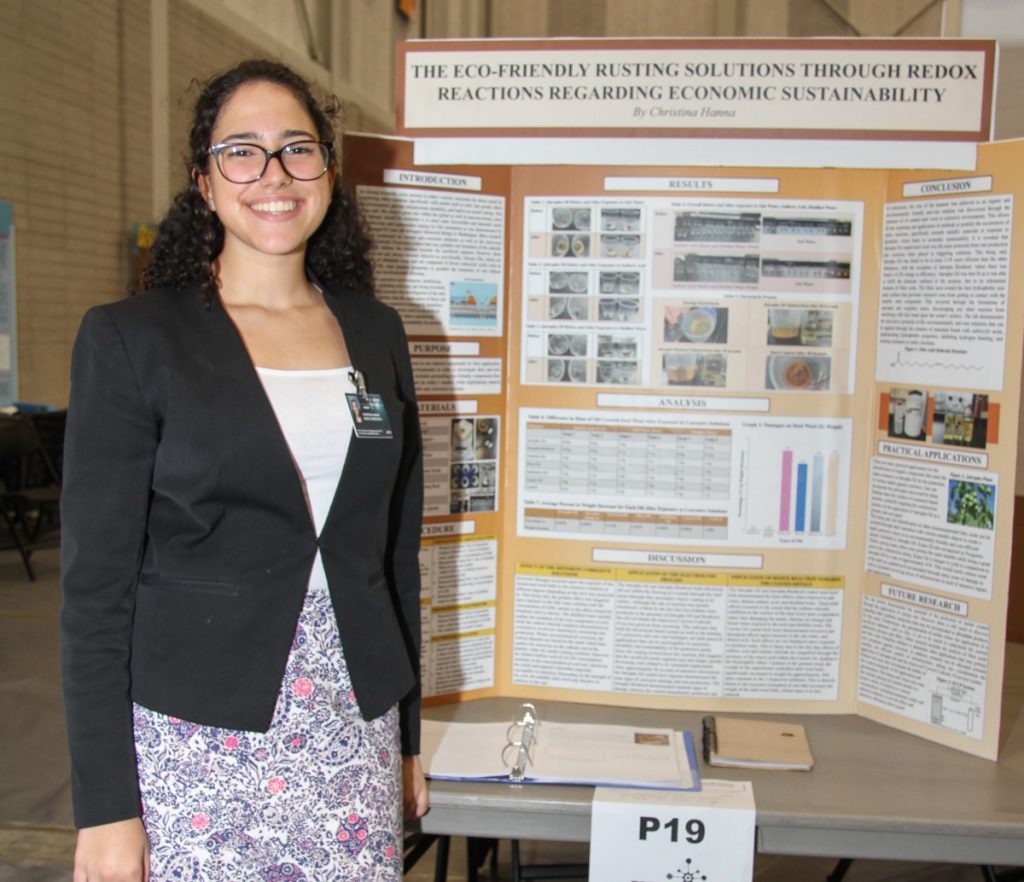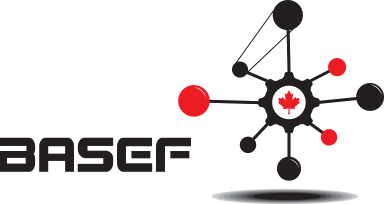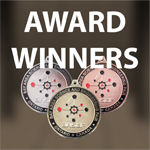BASEF and Canada-Wide Science Fair alumna and award-winner Christina has shared some great tips for doing a presentation for judges:
- I always start with a HUGE smile as I introduce myself (name, grade, school, what you will be talking about today aka your title) and I thank them for their time and willingness to be here.
- Usually, I say something to break the ice or connect. Such as a compliment or something that I notice about them (but not too much so they don’t feel like we are not genuine). In this case, I would say something along the lines of “I hope you and your loved ones are doing well in these times”. steps one and 2 should not take more than 20 ish seconds
- I go right into my project now by talking generally how it applies to society and its effect, to introduce the topic. Usually, it means appealing to their emotions by saying some surprising statistics. For example, if my project is about corrosion, I start with “The Canadian ministry of transportation has spent 1.1 billion $ in repairs for bridges that have been damaged by corrosion. 1.1 billion! That is a substantial amount of money that can be used for literally anything else such as funding for Cancer research, education, literally anything else. Yet, it’s being used to fix a problem that in essense, we created. Have you heard of the incident in 2006 where Quebec’s main bridge over St. Lauren actually collapsed as a result of corrosion? This is only one of the thousands of cases all over the word that affects the safety of countless lives.”
This is just an example but it is important to 1. introduce the topic 2. allow them to feel its importance (why they should care) 3. state relevant facts and comment upon them in your own way 4. Use pictures to your benefit (I would use a heavily corroded bridge and maybe even a graph how much money is going into repairs from this problem) 5. Your intro is SUPER important to setting the stage and capturing their attention - Then jump straight into you purpose “… as a result of this issue, I was hoping to see if I can alleviate these effects by….”
- The hypothesis “I assumed that If I were to do… then… would be these result” (But you may not need to touch on this too much, only if you think it is very important to mention).
- Now briefly talk about the materials you used (maybe highlighting the most important or most unusual materal)
- Now explain your procedures and what exactly you did with amusement and passion because if not it can be boring but you want it to be an interesting part. And try to be thorough with what you did and “why”. Example: “I used 1M concentration of Saltwater by adding #g of salt to #L of water. I did this because I wanted to mimic the average concentration that is currently found in the Atlantic ocean” (They like to see that you thought everything through and that you aren’t just blindly following a procedure that is not your own, and above all that YOU understand what YOU did)
- Now talk about your results and even comment on what you were pleased with and what came as a surprise
- And now explain what your data means and be as thorough as possible because especially since we are in a video format, it is difficult to know if the judge knows SOOOO much about this topic or if they understand what you are talking about but are new to the topic. So use scientific terminology but also explain it well. “Ex. I suspect that there was the greatest protection for the following test because the oil is hydrophobic, meaning that the water is not able to come into great contact with the steel.”
- Now conclude with what you want them to take away from it “ex. Therefore, Jatropha oil is the best one of the 8 oils that I tested as it was on average 3.3% more effective than all the other substances.” and suggest why you think its the best ‘ex. This may be as a result of its molecular structure that differs from the other due to the presence of the oleic acid that allows for saturation….”
- Then talk about how you would like to see it be implemented in the future and what you think the effects will be for society or even your local community
- Talk about future research propositions that you think would really be cool to investigate in the future if you had the time and resources for it.
- Lastly, thank them so much for their time!





